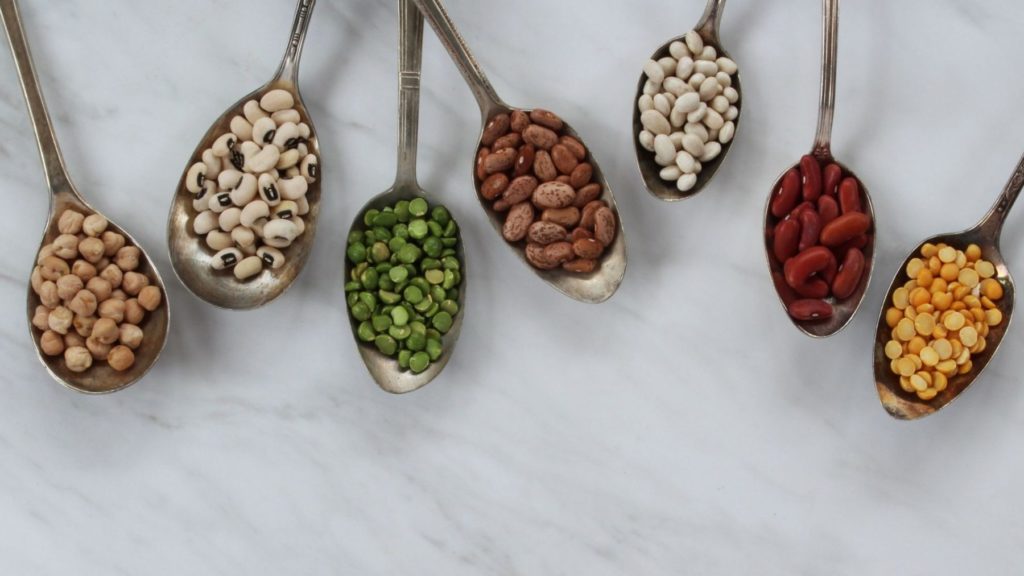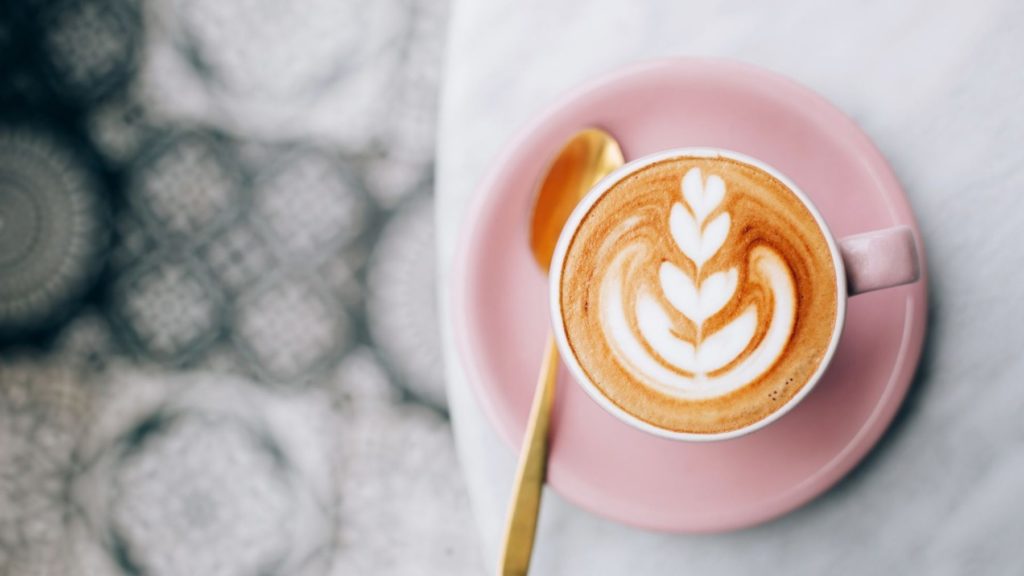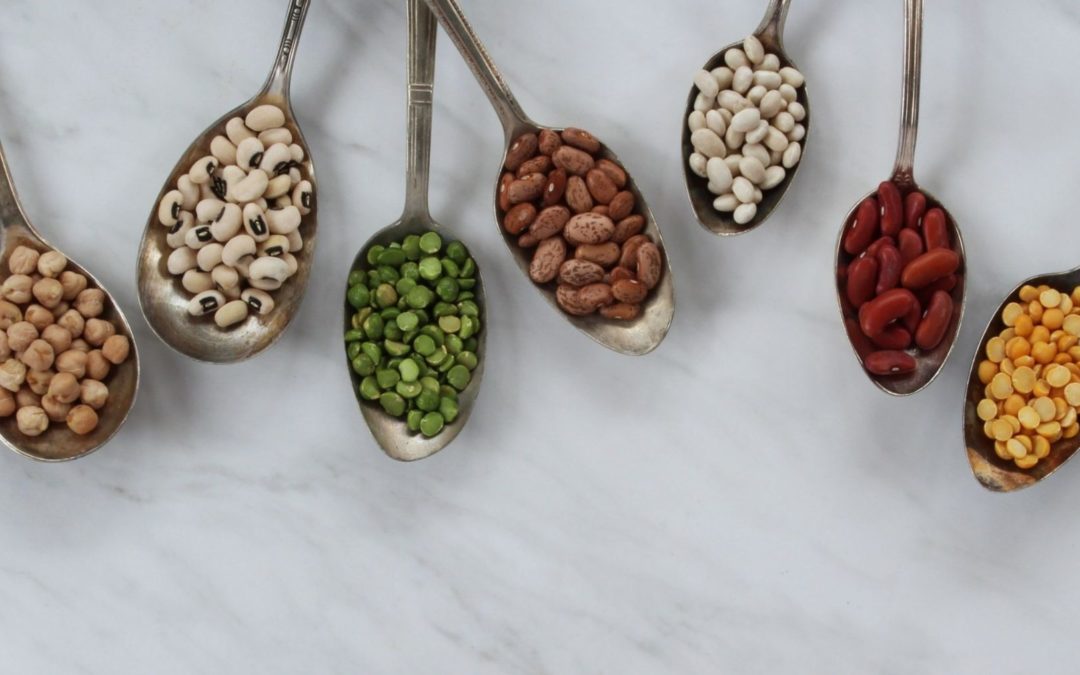Iron is one of those nutrients that needs to always be on our radar. It’s important for providing oxygen to our blood cells, muscles, heart, and brain. Maximizing iron for iron for plant-based athletes, can sometimes be a difficult task. However, we want to make it just a bit easier for you by following these simple tips!
The main source of iron in a plant-based diet is found in the non-heme form. The non-heme form is less bioavailable than the heme iron that is found in animal products. Therefore, this means that we need to be more mindful about incorporating more iron-rich plant-based foods in our diet.
Iron-deficiency anemia is caused by 1) not enough consumption of iron through the diet or 2) insufficient absorption of iron by the body. Iron helps transport oxygen to the blood. When our iron levels are low, we tend to experience fatigue, weakness, and as athletes, impaired performance. Iron deficiency (without anemia) has also been shown to reduce athlete’s endurance capacity, translating to impaired performance.
Symptoms of iron deficieny include:
- Fatigue
- Dizziness
- Pale skin
- Weakness
- Headaches
In some cases, we may need the help of an iron supplement to reach healthy levels of iron.
Know Your Levels
The first thing you should do before you start supplementing with iron or change your diet, is to know your iron levels. Reach out to your physician to check your levels and get a proper diagnosis.
Some important labs to note:
- Serum ferritin: the iron stored in your blood
- Serum iron: the amount of iron found in the sample of blood
- Hemoglobin: a protein found in red blood cells
- Hematocrit: measure the amount of red blood cells in the blood
If your serum ferritin drops below 35 ug/L, you may need the help of a supplement. It’s important to know what these lab values mean; however, always make sure you talk to your physician to obtain a proper diagnosis and prescription for a supplement.
Choose Iron-Rich Foods

Maximizing iron for the plant-based athlete starts with choosing the right foods. Plant-based foods that are righ in non-heme iron include:
- Beans and legumes (lentils, black beans, kidney beans, etc)
- Tofu
- Avocado
- Green leafy vegetables (spinach, kale, swiss chard, etc.)
- Mushrooms
- Whole wheat grains, oatmeal, bread, and pasta, etc.
Check out these vegan sloppy joe tacos or this massaged kale salad with brown rice and beets.
Cook With a Cast Iron Skillet
Did you know that cooking with a cast iron skillet can help maximize the absorption of iron? If you are looking for ways to maximize your iron as a plant-based athlete, try cooking your spinach with a little bit of olive oil and lemon juice in a cast-iron skillet for a boost of iron!
Avoid Inhibitors

Some foods that are high in polyphenols (found in coffee and tea) and phytates (found in high fiber foods) can interfere with iron when consumed together. This can prevent you from achieving your optimal iron levels.
Here are some foods that act as inhibitors and can intervene in the absorption of iron include:
- Coffee, tea (even decaffeinated)
- Soda
- Dairy products and calcium supplements
- Foods high in dietary fiber
- Wine and beer
This doesn’t mean you can’t consume these foods anymore. However, it does mean that you may need to pace yourself, and perhaps enjoy your morning latte after you have your meal.
Combine Iron-Rich Foods with a Source of Vitamin C
Combining your non-heme iron-rich foods with foods rich in vitamin C can help your body absorb iron better. Some examples of foods that are rich in vitamin C include:
- Citrus (lemons, limes, oranges, etc.)
- Strawberries
- Tomatoes
- Bell peppers
Maximizing iron for plant-based athletes is not as hard as it looks. Your body is so smart and it will tell you if you are getting enough iron. You can monitor your iron levels by checking your blood levels with your physician as you go as well as your symptoms and your performance in training.
If you would like more on-on-one help to ensure you are getting enough iron in your diet, reach out to us! Our sports dietitians are here to personalize your plan and support you with realistic, manageable strategies.

